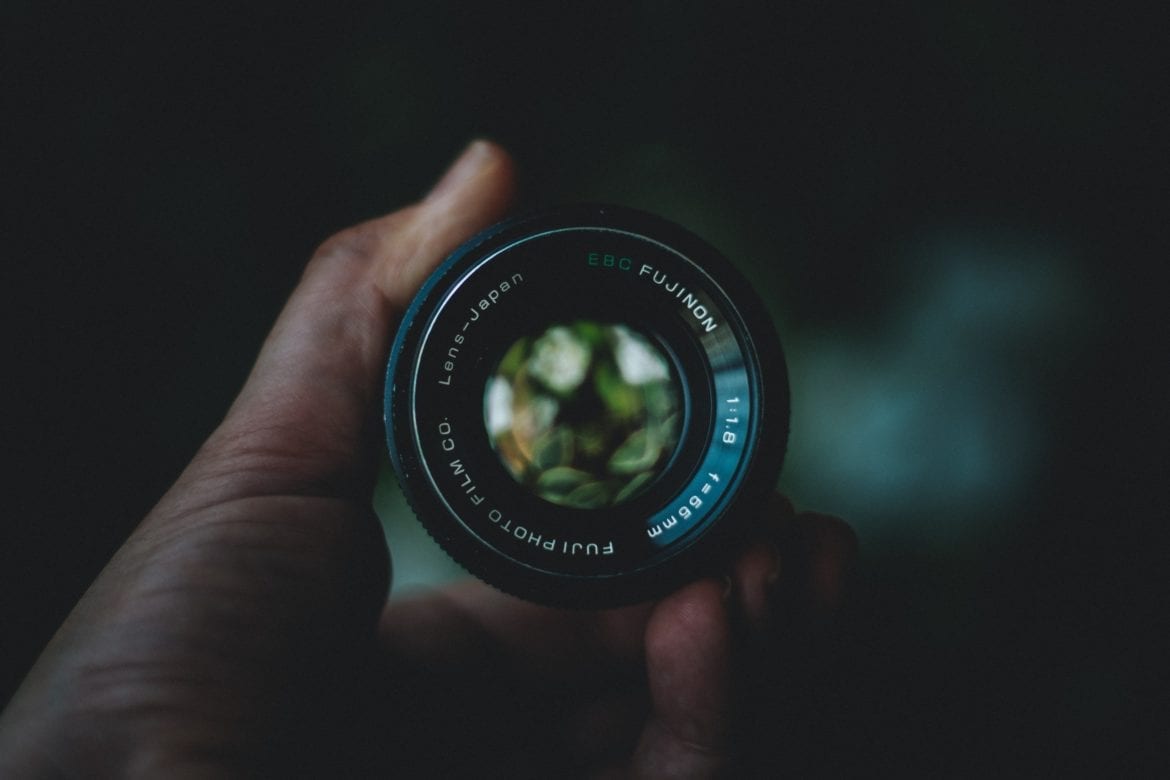|
Getting your Trinity Audio player ready...
|
Every day, when I log into Twitter, open up LinkedIn, read my email, browse Trending or HN or Pocket, I’m in a perpetual statement of harsh, unrelenting judgement.

To amplify or not to amplify? That is the question.
Is it better to consume the content, extract my own value, and then move on, or is this article/tweet/picture/idea/quote worthy of sharing… It’s an unyielding battle in the “everyone is their own brand” era (a message that’s been hammered into the digitally-connected for at least 20 years). For many of us, there’s no escape from the constant drumming in our heads asking “should I share this article/tweet/photo/gif/thread?”
Nearly everyone who’ll read this post produces and shares content digitally. That sharing—your Instagram feed, Facebook shares, Tweets, blog posts, guest-authored contributions, Reddit submissions—is, in aggregate, a portfolio through which which we are all judged. If the collective consciousness of a large enough group finds that portfolio valuable, or worthy of amplification, greater exposure is your reward. But if those messages fail to incite the requisite number of positive engagements and onward broadcast… We’re relegated to the virtual background: unseen, unheard, non-existent to all but a few.
This matters for three big reasons:
1) Big Platform Algorithms Control What We Create & Share
When Facebook shifts its news feed algorithm to favor or disfavor certain types of posts (as they have numerous times in the last few years), the incentives of publishers to create (or avoid) particular types of content, cover (or ignore) certain topics, or favor/disfavor particular formats rise. We don’t get a web or a network of content creators were inspired to build, but rather a Facebook or Google-shaped network, driven by that which earns the platform more engagement (rather than what might be more beneficial/useful/engaging for the individuals or their particular group).
2) Producing for Amplifiers is Different Than Producing for Consumers
Only a certain percent of folks on any given platform or community, big (FB, Twitter, Google, Instagram, Reddit, LinkedIn) or small (ArtStation, Dribbble, IndieHackers, Pocket) will ever have both sizable audience reach and the will to actively share. We—every organization and individual wishing to spread a message or earn an audience—are inexorably drawn to the preferences of this group, usually ~1-3% of any network’s members. Reddit calls the hyper-active voting members who review new submissions and up or downvote them, “Knights of New.” The SEO world calls the few individuals and publications that can and will link to content, enhancing its rankings in Google, “The Linkerati.” Over time, everyone’s creations (or, at least, the relative visibility of those creations) are shaped by these groups.
3) We Get Trained to Neither Share, Nor Produce, That Which Will Not Earn Amplification
If you’re a marketer, one of the best pieces of advice you can follow is to ask “Who will help amplify this?” before you produce any content. Having a great answer to that question will do two things: #1 – dramatically increase the likelihood of strong engagement and visibility for what you create #2 – kill a lot of what you would have created that might be helpful, interesting, unique, new, clever, thoughtful… Don’t get me wrong, it also kills a lot of useless junk. But just as the gatekeepers of the publishing industry in the 19th and 20th centuries (editors, columnists, journalists, media owners) determined what would be seen by the public and what wouldn’t, so too are the algorithms of Google, Facebook, Twitter, and their ilk
I consume a large amount of content, yet amplify only a tiny fraction. I write a large number of titles and first paragraphs for potential blog posts that never see the light of day. The more I can see the results of the amplification I earn (and don’t), the more I’m trained by the algorithms and the Knights of New to produce (or to stay quiet) in very specific ways.
Is this a good thing or a bad thing? I don’t know. I hate the cliched criticism of changes wrought by advancing tech and shifting consumer habits (especially those directed by older folks toward younger ones). But I believe it’s crucial that we recognize these shifts, understand them, and, for those of us who produce and share, decide to what degree we want to let the tyranny of optimization unconsciously impact our amplification decisions. Each of us should be aware of how the algorithms affect our accounts’ visibility, the growth of our followings, the amount of people who see what we produce and amplify, and whether optimizing for those things is something we want to do.
Personally, I want to make 2019 a year when I share and write more, while caring less about how Google, Facebook, Twitter, and LinkedIn determine my amplification-worthiness.
by Rand Fishkin, Founder, SparkToro
This article was originally published on SparkToro and is re-published with kind permission.
About SparkToro: SparkToro™ is a new software company from Moz founder, Rand Fishkin. Its mission is to make it easier to discover the websites, blogs, podcasts, social accounts, and publications that reach your audience. @randfish | @SparkToro


